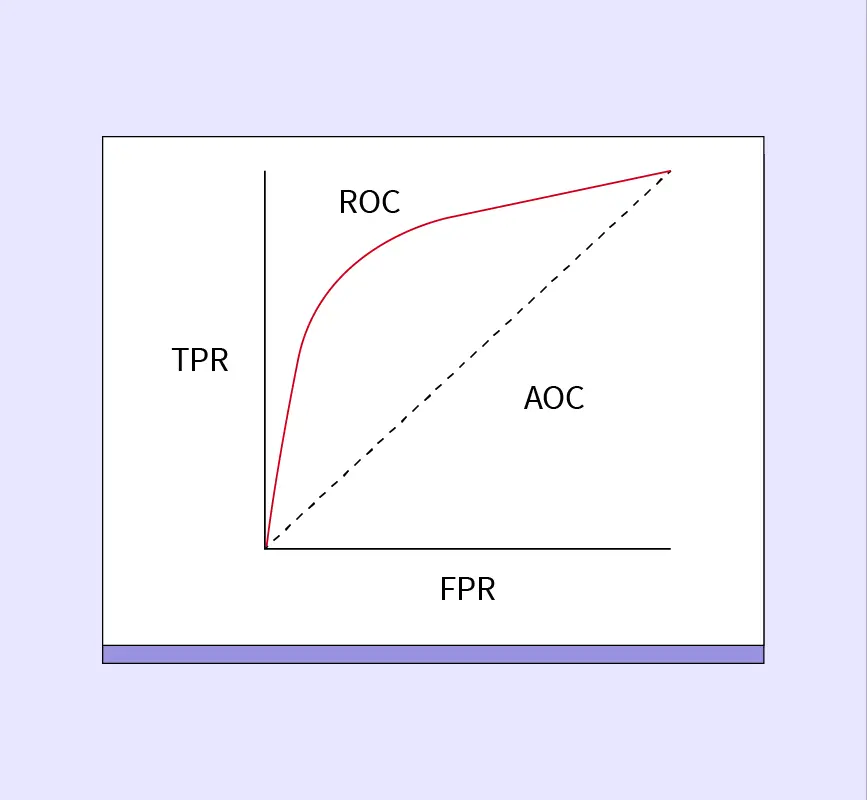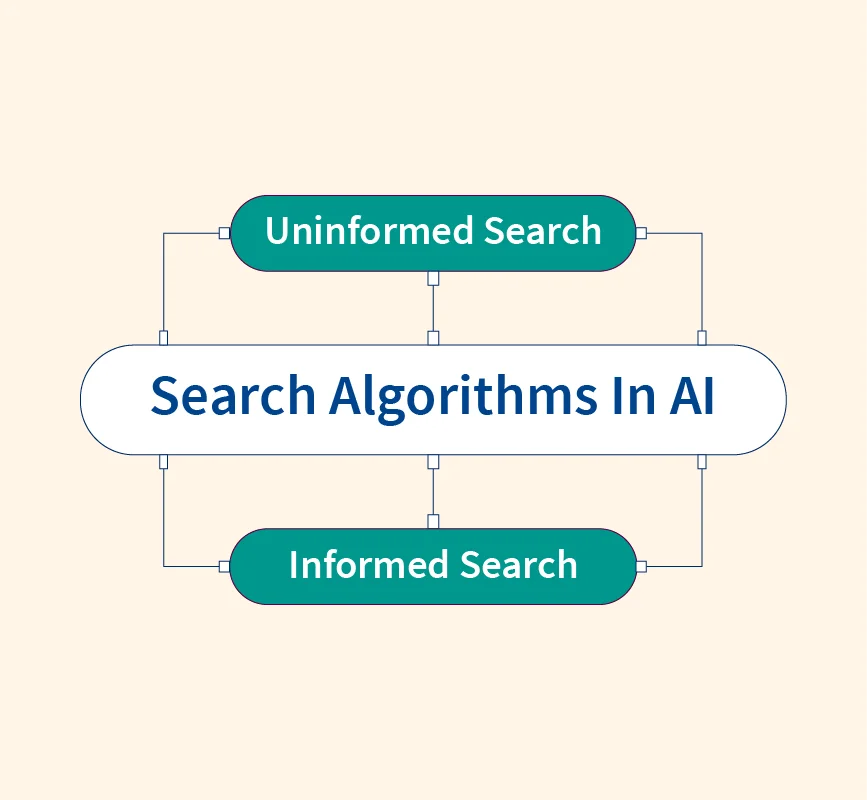In the fast-paced world of data science, where technical skills often take center stage, a surprising truth emerges: 80% of data scientists report that soft skills are equally, if not more, important than their technical capabilities. This revelation underscores a critical reality – mastering complex algorithms and data manipulation techniques is just one part of the equation.
To truly excel in this field, data scientists need a powerful arsenal of soft skills. These intangible qualities enable them to bridge the gap between raw data and actionable insights, fostering collaboration, driving innovation, and maximizing their impact on organizations.
In this article, we delve into the realm of soft skills, exploring the key attributes that every data scientist should cultivate to thrive in their roles. From effective communication and problem-solving to adaptability and leadership, we’ll uncover how these skills complement technical expertise and contribute to a successful data science career.
The Growing Importance of Soft Skills in Data Science
Data science isn’t just about numbers and algorithms anymore. As the field grows, data scientists now play a bigger role in shaping business decisions and strategies. They work closely with different teams, explaining complex ideas in simple terms, so everyone understands the value of data. Soft skills help build this bridge.
Data scientists might uncover hidden patterns in data, but what good are those insights if no one understands them? By using clear communication and storytelling, data scientists can translate these findings into plans that everyone can get behind. This leads to better decisions, faster action, and improved outcomes.
Data science projects rarely happen in isolation. They often involve people from different areas of expertise, all working together towards a common goal. Soft skills like teamwork and active listening help create a smooth workflow. They encourage open discussions and ensure that everyone’s voice is heard. In the end, this leads to better solutions and a more positive working environment.
Essential Soft Skills for Data Science Success
1. Communication:
- Explaining Complex Ideas Clearly: Data scientists need to break down complex findings and technical jargon into simple terms that everyone can understand. This ensures that insights are accessible and actionable across the organization.
- Adapting to Different Audiences: Data scientists often collaborate with people from various backgrounds – engineers, marketers, executives, and more. Being able to tailor your communication style to each audience is essential for effective collaboration and gaining buy-in for data-driven initiatives.
- Active Listening and Questioning: Truly understanding the needs and challenges of stakeholders requires more than just talking. Active listening and asking insightful questions are crucial for gathering information, clarifying assumptions, and ensuring alignment between data projects and business goals.
- Presenting with Confidence and Persuasion: Whether sharing findings with a small team or delivering a keynote presentation to a large audience, data scientists need to present their insights with clarity, confidence, and persuasiveness. This helps build trust, inspire action, and drive greater impact from data science initiatives.
2. Critical Thinking and Problem-Solving:
- Multi-perspective Analysis: Effective problem-solving begins with a thorough understanding of the issue at hand. Data scientists need to analyze problems from various angles, considering all relevant factors and potential implications before developing solutions.
- Breaking Down Complexity: Complex problems can be overwhelming. Data scientists need to develop the ability to break them down into smaller, more manageable components. This allows for a systematic approach to problem-solving, making it easier to identify root causes and implement effective solutions.
- Pattern Recognition and Logical Reasoning: Data scientists work with massive datasets, and recognizing patterns within those datasets is key to uncovering valuable insights. Strong logical reasoning skills help them draw sound conclusions and avoid faulty assumptions.
- Creativity and Adaptability: Sometimes, the most effective solutions aren’t immediately obvious. Data scientists need to think creatively and be willing to adapt their approach as challenges arise. This fosters innovation and enables them to overcome unexpected obstacles.
3. Curiosity and Continuous Learning:
- Staying Ahead of the Curve: The field of data science evolves at lightning speed. Data scientists need to actively seek out new information and stay up-to-date on the latest trends, technologies, and best practices. This ensures that their skills remain sharp and they can leverage the latest advancements in their work.
- A Growth Mindset: The best data scientists view challenges as opportunities for learning and development. Embracing a growth mindset fosters a love of learning, encourages experimentation, and helps them overcome setbacks with resilience.
- Proactive Exploration: Data scientists shouldn’t wait for opportunities to learn; they should actively seek them out. Whether attending conferences, participating in online communities, or experimenting with new tools and techniques, proactive exploration fuels their intellectual curiosity and drives their continuous development.
4. Business Acumen:
- Understanding the Business Context: Data science initiatives are most impactful when aligned with strategic business objectives. Data scientists need to understand the company’s goals, challenges, and competitive landscape. This allows them to frame their work in a way that drives business value.
- Data-Driven Decision Making: Data scientists need to be able to translate complex insights into actionable strategies. By understanding the business context, they can identify opportunities for growth, optimization, and innovation.
- Communicating Value to Stakeholders: Data science initiatives can have a significant impact on an organization’s bottom line, but that impact can be lost if not effectively communicated. Data scientists need to clearly articulate the value of their work and its implications for the business.
5. Adaptability and Resilience:
- Thriving in a Dynamic Environment: Change is the only constant in the world of data science. Data scientists need to be comfortable with ambiguity, uncertainty, and the rapid pace of technological advancement. They should embrace new tools and technologies and adapt their workflows as needed.
- Grace Under Pressure: Data projects can encounter unexpected challenges and setbacks. Data scientists need to remain calm and focused under pressure. They should be able to analyze problems objectively, develop alternative solutions, and learn from their mistakes.
6. Collaboration and Teamwork:
- Building Relationships: Data science is a team sport. Strong interpersonal skills are essential for building positive working relationships with colleagues, stakeholders, and other teams within the organization.
- Cross-functional Collaboration: Data scientists often work on projects that require collaboration with individuals from diverse backgrounds. They need to be able to communicate effectively, navigate conflicts, and foster a collaborative environment.
- Knowledge Sharing: Sharing knowledge and expertise is key to the success of any data science team. Data scientists should be willing to mentor others, share their insights, and contribute to a culture of continuous learning.
By developing these essential soft skills, data scientists can enhance their technical expertise, foster stronger collaboration, and ultimately drive greater impact within their organizations.
How to Improve Soft Skills for a Data Scientist Career
1. Self-Assessment and Reflection
Take a moment to look at yourself honestly. What are you good at? Where could you improve? You can ask friends, colleagues, or mentors for feedback. This helps you make a plan for what to work on.
2. Targeted Training and Development
There are many ways to learn new skills. You can find workshops, online courses, or even books that focus on things like communication, problem-solving, or leadership. These resources can give you specific tips and techniques to practice.
3. Mentorship and Networking
Find experienced data scientists who can be your mentors. Talk to them about their career paths and how they developed their soft skills. You can also join professional groups or attend industry events to meet other data scientists and learn from their experiences.
4. Practice and Application
The best way to improve is to put your skills into action. Look for opportunities to use these skills in your current projects. Maybe you can volunteer to lead a team or give a presentation. Every chance you get to practice will help you get better.
Additional Strategies
- Ask for Feedback: Don’t be afraid to ask your colleagues or mentors for constructive criticism. They can point out areas where you might need to improve.
- Join Professional Organizations: Connect with other professionals in your field by joining data science groups or associations. This gives you a chance to network, learn from others, and stay up-to-date on industry trends.
- Volunteer or Take on Leadership Roles: Taking initiative can help you develop leadership, communication, and teamwork skills. Look for opportunities to lead a project, volunteer for a committee, or mentor a junior colleague.
- Read Widely and Engage in Discussions: Stay informed about the latest trends and challenges in your field. Read books, articles, and blogs, and participate in online discussions. This will help you develop your critical thinking and communication abilities.
Real-World Examples and Case Studies
Let’s look at some examples of how soft skills made a difference in real data science projects.
One data scientist, let’s call her Sarah, was working on a project to improve customer retention for a retail company. She uncovered some valuable insights, but when she tried to share her findings, the marketing team didn’t understand the technical terms she was using. Sarah realized she needed to change her approach. She took the time to learn about the marketing team’s goals and challenges. Then, she presented her findings in a way that focused on the business impact, using clear language and visuals. The marketing team was excited about the insights and quickly put them into action, leading to a significant increase in customer retention.
In another case, a team of data scientists was working on a complex machine-learning project. They were all experts in their fields, but they were struggling to collaborate effectively. There were misunderstandings, missed deadlines, and a general sense of frustration. They decided to bring in a facilitator to help them improve their communication and teamwork skills. The facilitator led them through exercises that focused on active listening, conflict resolution, and building trust. The team saw a dramatic improvement in their collaboration, and they were able to complete the project successfully and ahead of schedule.
These examples show that soft skills are not just a nice-to-have for data scientists; they are essential for success. By developing strong communication, problem-solving, and collaboration skills, data scientists can bridge the gap between data and action, build stronger relationships with stakeholders, and drive real impact for their organizations.
Conclusion
In the dynamic world of data science, technical expertise is just the starting point. To truly thrive and make a meaningful impact, data scientists must embrace and cultivate essential soft skills. These skills empower them to communicate complex ideas effectively, collaborate seamlessly with diverse teams, and drive data-driven decision-making.
By prioritizing soft skill development alongside their technical prowess, data scientists can unlock their full potential and become invaluable assets to their organizations. So, don’t underestimate the power of these intangible qualities. Seek out opportunities to enhance your communication, problem-solving, adaptability, and leadership skills.
Remember, the most successful data scientists are not just masters of data; they are also masters of connection, collaboration, and influence. Invest in your soft skills today and pave the way for a rewarding and impactful career in data science.


